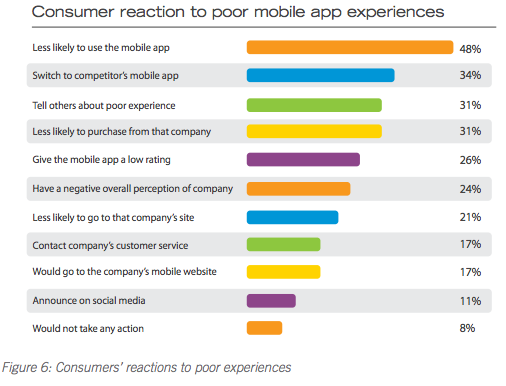dmexco 2013 – Flashback in Tweets & Quotes
 dmexco 2013 is over.
dmexco 2013 is over.
The growth trend of the digital marketing show is impressive and continues to write a promising history.
Visitors: 26.300 – increase by 16% compared to 2012
Exhibitors: 742 – means over 164 exhibitors more than 2012
International attendance: approx. 25% of visitors and of exhibitors
Satisfied visitors: More than 80% were happy with the event and exhibitor presentations
Future of Digital Marketing
1. “The era of digital marketing is over. It’s almost dead. It’s now just brand building.” Marc Pritchard, P&G http://bit.ly/15eHlWR (Tweet by Armando Alves) – Watch Closing Keynote Day 1
Future of the Moment
2. “Twitter is a reflection of our individual and shared moments, which is why it gives all of us, including brands, the opportunity to engage and to act. In short, it allows us to be in the moment.” (Quote by Katie Stanton) – Watch Closing Keynote Day 2
Future of Programmatic
3. “The client defines the value, not the agency. #Programmatic helps us capture the value,” says Arun Kumar” (Tweet by IPG Mediabrands) – Watch Programmatic vs. Problematic
Future of Content Marketing
4. “Great discussion on the role and meaning of content marketing in the Debate Hall of @dmexco” (Tweet by Roza Tsvetkova) – Watch Content Marketing Debate
5. Future of Creativity & Innovation
“Adding value is to make the complex simple” says Laura Desmond. I agree! #dmexco” – (Tweet by Simon Harris) – Watch Laura Desmond!
In another year as a co-moderator of the dmexco conference program, it was a great honor to moderate
the “Women Leadership Table” for the second time – this year Denise Colella (Maxifier), Noelia Fernández Arroyo (Yahoo!), Anne Frisbie (InMobi) and Ashley Swartz (Furious Minds) attended. Thank you ladies, you were smart and know why analytics, mobile, social, and content seed the future of brand success.
The moderation of the panel “Realtime Branding” (Social Media) was a great pleasure for me. Here we had Sarah Wood (Unruly), Surjit Chana (IBM), Brian Goffman (LinkedIn), Holger Luedorff (Foursquare) and Markus Spiering (Flickr/Yahoo!) at the dmexco bar table. Learnings? If there was a network with a limitation of 50 words, they would be able to manage it perfectly. Just watch the debate until the end to get their expert view on what you as a marketer should invest in to leverage social media.
Spot On!
The challenges for brand marketers haven’t changed massively since 2012. Big Data is still rocking and not yet fully understood in companies in terms of how to make use of it in the future. In case they are seeing the benefit, they still need to hope for a value chain between publishers, agencies and the LUMAscape players to cope with the evolution of adtechnology – and some will still try to find an agency to manage the data for them. Marketing and cloud services might become a new opportunity to analyse and measure the data for a clever strategy between going to market with long-term “content strategy” (community, monitoring, pull) and the short-term “campaign” (banner, SEO, push) approach – whether in social commerce, mobile or social. The digital future will remain exciting – stay tuned.
Looking forward to the next dmexco in Cologne, September, 10. and 11., 2014 – CU there!



